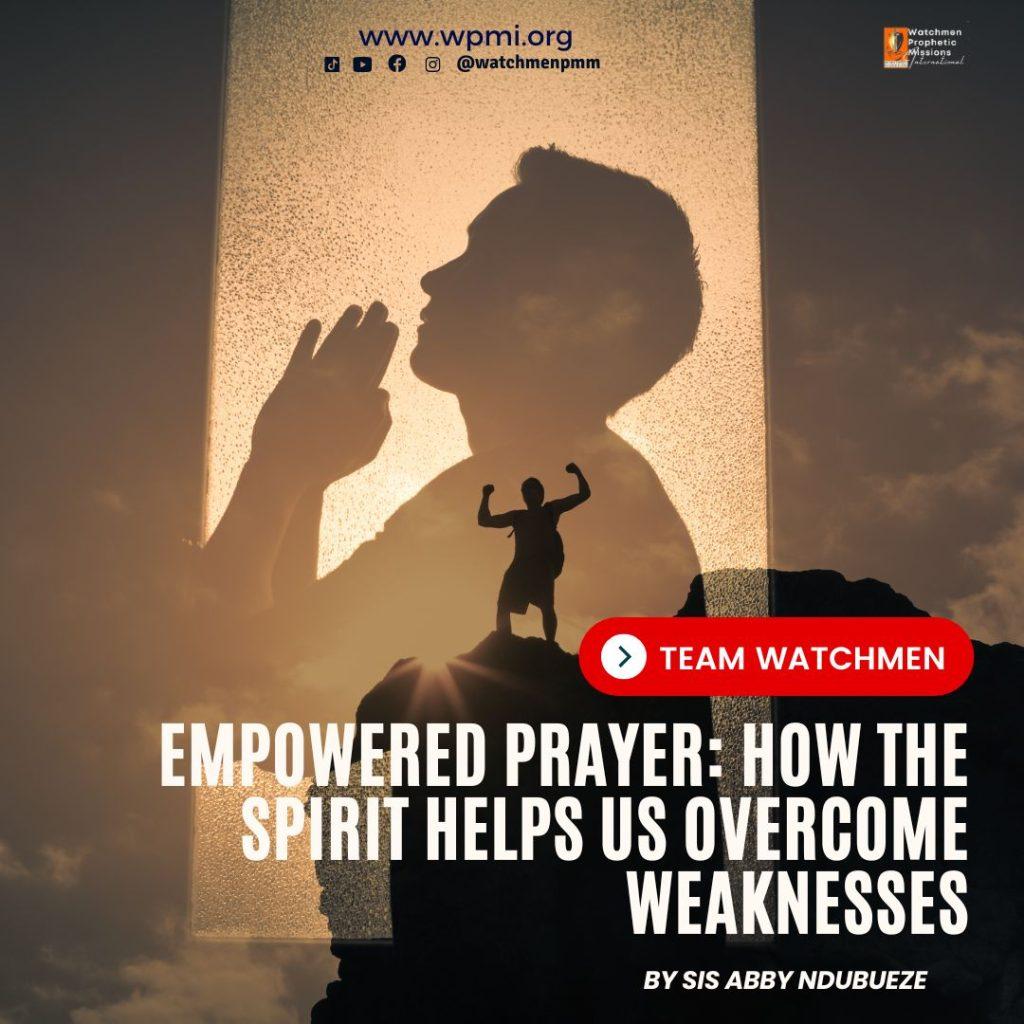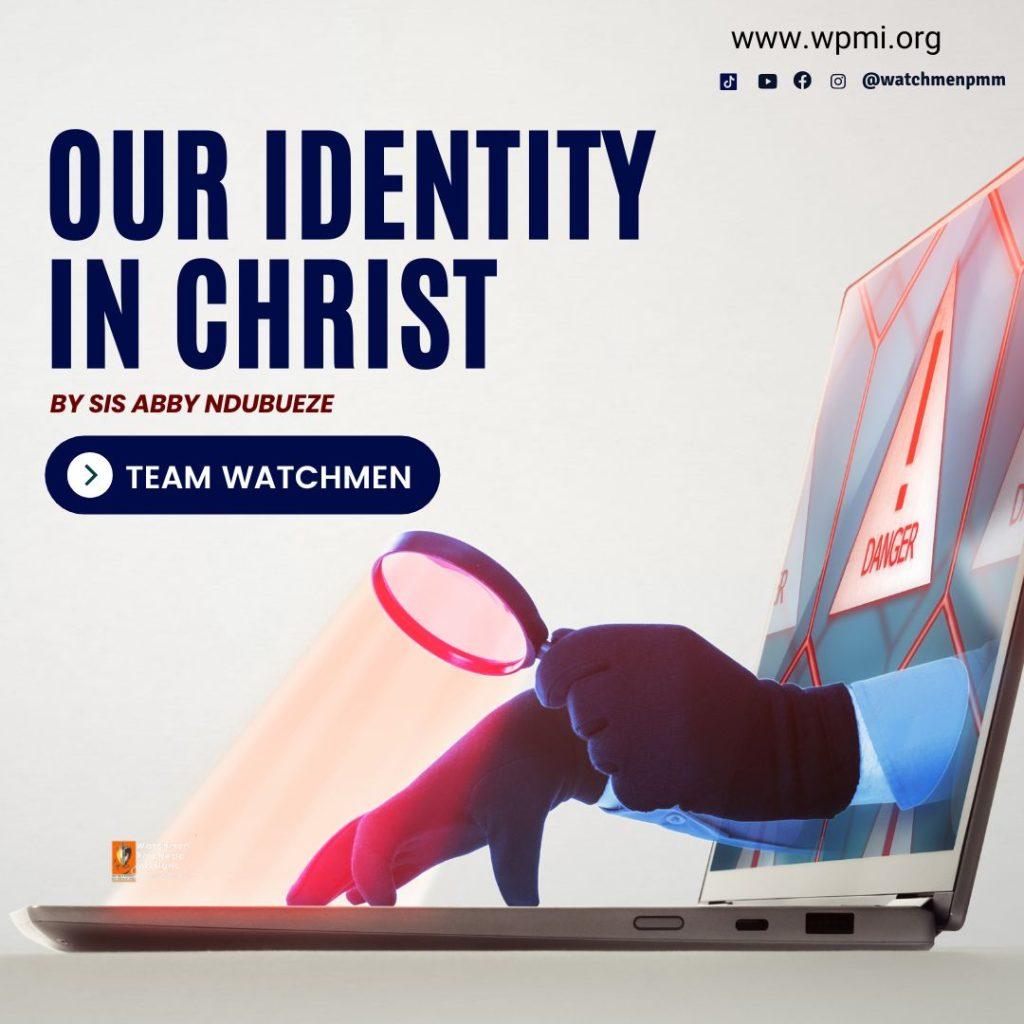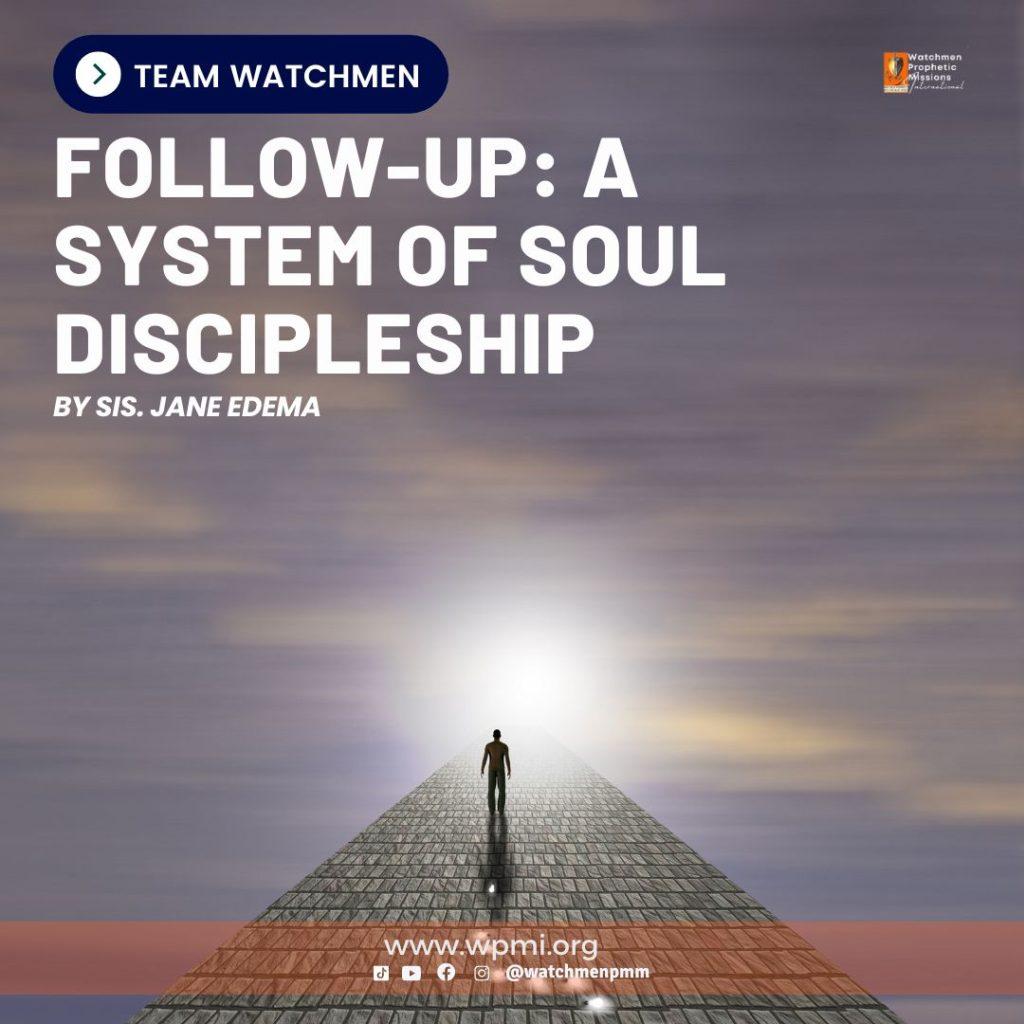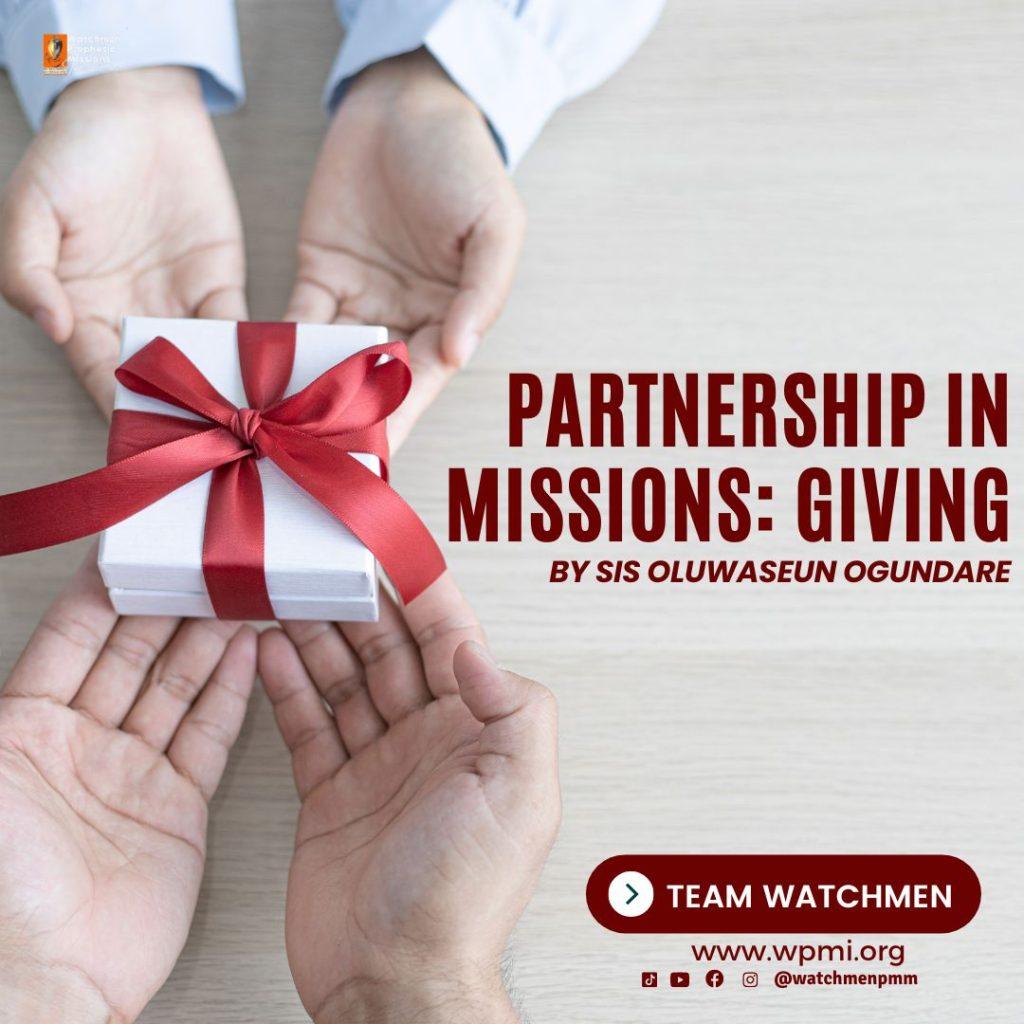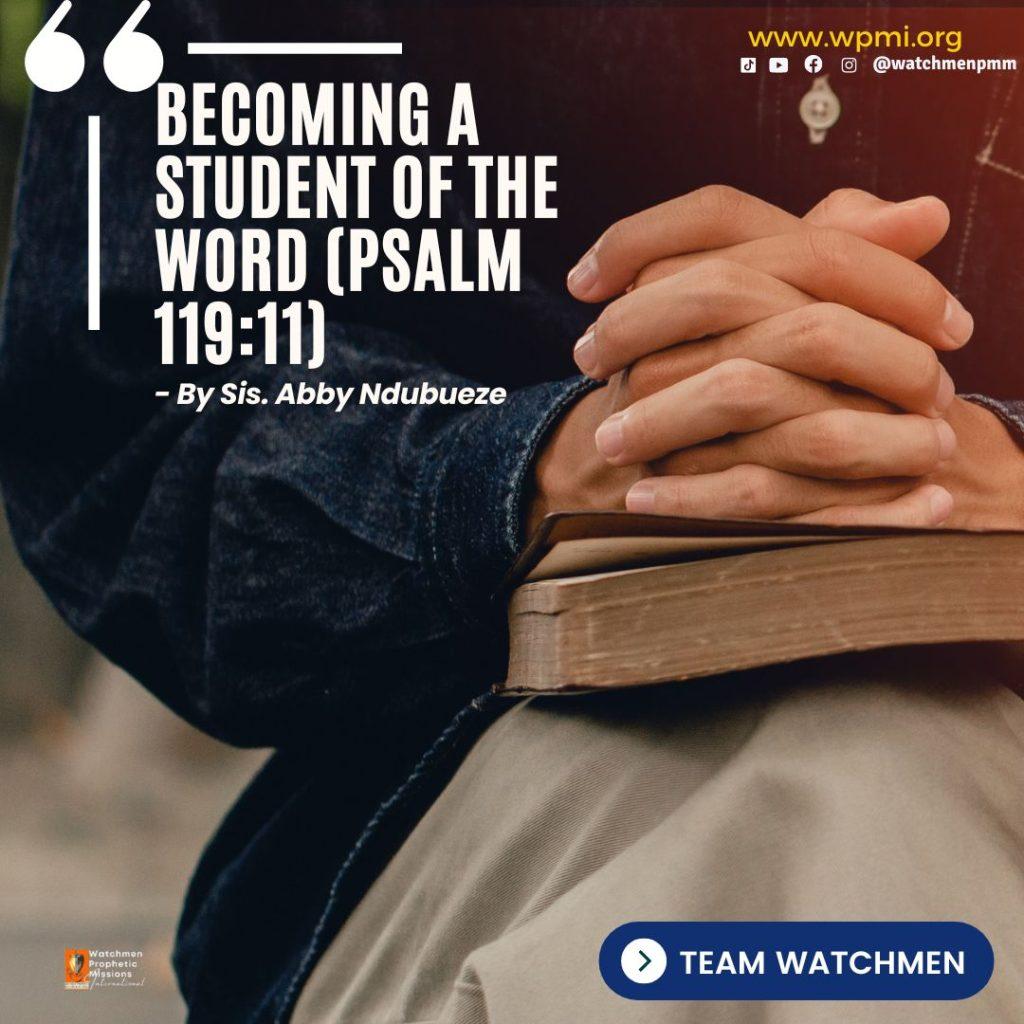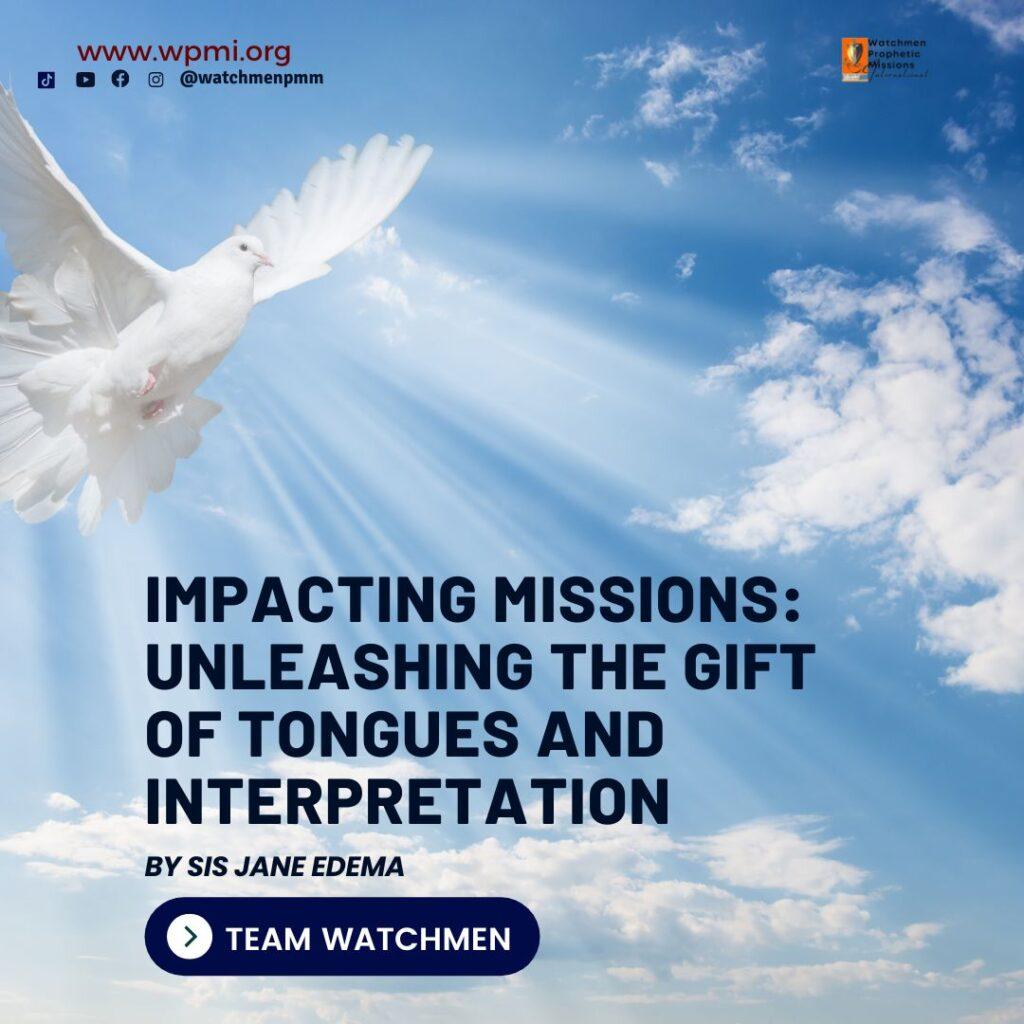Empowered Prayer: How the Spirit Helps Us Overcome Weaknesses – By Sis Abby Ndubueze
“In the journey of faith, many believers encounter challenges that seem insurmountable. Like Judith and Jayden, they grapple with their weaknesses, searching for a way to connect with God and overcome their struggles. In the midst of this struggle, there is a powerful promise in Romans 8:26 that offers hope and guidance: “Likewise the Spirit also helpeth our infirmities…” This scripture unveils the transformative role of the Holy Spirit in our lives, particularly in the areas of prayer, righteousness, and victorious living.
The Struggle of a Beginner:
Judith, a young Christian, yearned for a deep connection with God through prayer but felt lost and disheartened when her efforts yielded little. The feeling of God being distant left her frustrated, until she discovered the profound truth behind Romans 8:26. The Spirit’s ability to intercede when we lack the right words or understanding became her turning point. Through the Spirit’s guidance, Judith’s prayer life was ignited, leading her into a closer walk with God.
Bound by Weakness:
Jayden’s story mirrors the struggles of many who battle with inner conflicts, desperately wanting to break free from the chains of temptation and sin. His longing to live a righteous and holy life was eclipsed by his inability to overcome his weaknesses. However, the same verse that transformed Judith’s prayer life brought a revelation to Jayden – if the Spirit could help him pray, it could also empower him to lead a righteous life. This realization propelled him to the altar, where he found redemption and a newfound strength through the Spirit.
A Universal Need:
In our human limitations, we often stumble in our efforts to achieve success, righteousness, and spiritual growth. The phrase “for we know not what we should pray for as we ought” highlights the universality of this struggle. This acknowledgment resonates with our daily lives, reminding us that we all face challenges beyond our understanding and control.
Dependency on the Spirit:
Embracing the Spirit’s help and leaning on God’s sufficiency are the keys to strength and victory. Dependence on God forms the bedrock of spiritual growth and transformation. It’s a simple equation: “Dependence on God = strength.” The Spirit’s empowerment is not limited to prayer alone; it extends to all areas of our lives, enabling us to walk righteously and navigate challenges.
Empowered Living:
The promise of Romans 8:26 invites us all to experience transformation. Just as Judith and Jayden found hope and empowerment through the Holy Spirit, we too can live victoriously and become prayer warriors. The Spirit’s help breaks through our weaknesses, providing a supernatural avenue for growth, change, and spiritual abundance.
The journey of faith is not meant to be walked alone, nor……”
Continue reading..
Empowered Prayer: How the Spirit Helps Us Overcome Weaknesses – By Sis Abby Ndubueze Read More »
